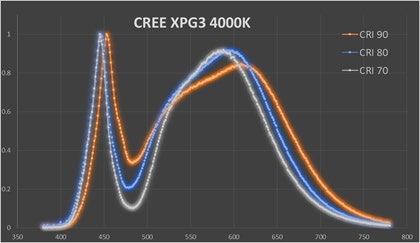

20 Viaduct Harbour Avenue Auckland 1010
Private Bag 92250, Auckland 1142, New Zealand
Ph 09 355 3553
Fax 09 355 3550
18 May 2020
Michael Vaughan
[FYI request #12392 email]
Dear Michael,
The information you requested - CAS-138884-N3W0M8
Thank you for your request for information dated 3 May 2020 about LED lighting.
Please find answers to your request set out below:
Please can you clarify the process by which the LED lights gather the data you have outlined, in
particular whether or not the LED lights are emitting RF radiation in this process.
Each light has a Light point Control (LPC) unit mounted on top of the light. It continual y monitors the
lights performance and when the light is ‘ON’ the energy used. This information is stored in a digital
memory within the LPC. Twice a day the LPC reports to the base station and downloads the stored
data. The light point controller only emits RF radiation during the twice a day check in with the base
station. The duration of each transmission is less than a quarter of a second.
Please can you also supply information about the spectrum of light emitted by the LED lights, in
particular how much blue light is emitted relative to other parts of the colour spectrum.
A typical spectral distribution for a luminaire used on the AT network is shown below. While there is
little difference between Colour Rendering Index options, as per standard international roadway
lighting practice, our luminaires use CRI 70 LED chips (i.e. the white line in the graph).
aucklandtransport.govt.nz




White LED chips typically exhibit a peak in the blue area of the spectrum (approximately 380 to
500nm) as evident above.
In the example above, the spectral energy in the 380 to 500nm wavelength band (blue light) is
approximately 20% of the total light output.
Should you believe that we have not responded appropriately to your request, you are able to make
a complaint to the Office of the Ombudsman in accordance with section 27(3) of the LGOIMA Act,
and seek an investigation and review in regard to this matter.
Yours sincerely
Alan Wallace
Portfolio Delivery Manager





